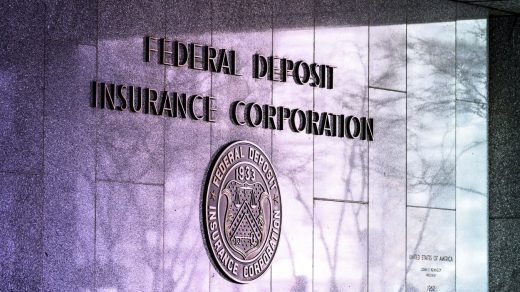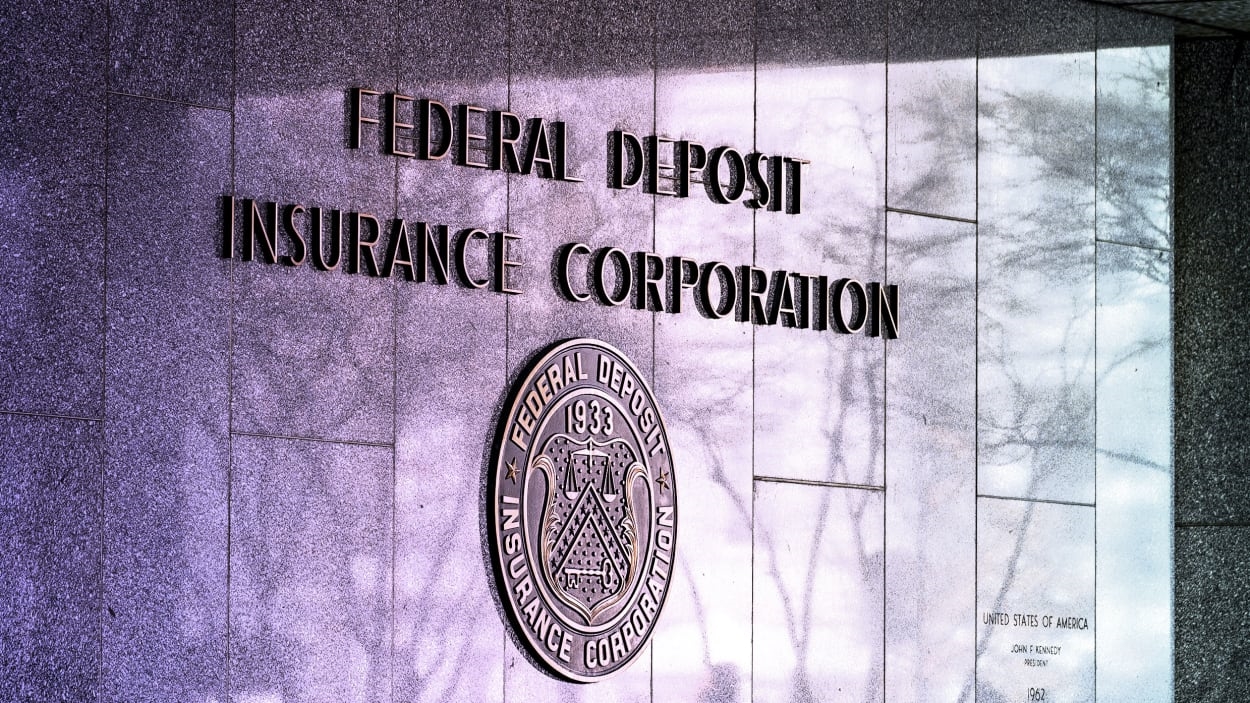An FDIC proposal is asking big banks to cover the fallout of SVB and Signature Bank
The Federal Deposit Insurance Corporation proposed on Thursday that the country’s largest banks should pay “special assessments” to insure depositors’ money and cover the losses incurred from the failures of Silicon Valley Bank and Signature Bank.
The proposal follows concerns that small banks would wind up bearing the brunt of the fallout from the bank failures. While the FDIC covers a certain amount of insured money, the sum total from the two banks collapsing exceeded that number. However, the government moved to insure depositors’ money that exceeded the FDIC’s $250,000 limit for those affected by the bank failures, to stem any panic. Thursday’s proposal pinpoints those losses at around $15.8 billion lost from the FDIC’s Depositor Insurance Fund (DIF), according to the agency.
“The proposal applies the special assessment to the types of banking organizations that benefitted most from the protection of uninsured depositors, while ensuring equitable, transparent, and consistent treatment based on amounts of uninsured deposits,” said FDIC Chairman Martin J. Gruenberg. “The proposal also promotes maintenance of liquidity, which will allow institutions to continue to meet the credit needs of the U.S. economy.”
The FDIC estimates that a total of 113 large banks—meaning any banks that have more than $5 billion in uninsured deposits—will have to pay the extra fees to replenish the DIF. Banks would pay an annual rate of 12.5 basis points over two years, and those with more than $50 billion in assets would contribute 95% of fees, the FDIC estimates.
The agency had initially estimated a greater loss to the DIF following the banks’ collapses, saying the hit would be around $22.5 billion. However, Thursday’s proposal marks a revision downward of that estimate.
The agency’s proposed rule is set to be decided by a vote by the board later today. Assuming it’s approved, the rule will have a 60-day comment period. Banks would be required to start making their payments beginning June 28, 2024, in the form of eight quarterly payments over the following two years.
(13)



